The Truth About Ionized Water and Stomach Acid
A question commonly asked about Ionized water is how can the alkalinity of Ionized water survive stomach acid. Digestive enzymes and stomach acid, hydrochloric acid (HCL), are produced by the body as we chew our food. Once we stop eating, the HCL dissipates in the stomach and no more should be produced until the next time we eat.
Many people are under the mistaken notion that the pH of the human stomach is always at a pH of 2.5 – 3.0. In fact, when we are not eating the pH of the stomach should be around pH 4.0 – 5.0. Temporarily changing the pH of the stomach to pH 6.0 or higher is not harmful to the body.
If we assume that drinking ionized water will raise the pH of the stomach higher than it should be or that Ionized Water will be neutralized by our stomach acid, then we must also assume that many alkaline foods that we eat will do the same thing. A lot of fruit tends to have a high pH, therefore it is not uncommon for the stomach to have alkaline foods introduced into it. What is important to consider is the overall effect of foods and other substances that we put into the body. If our diet is mainly comprised of acid foods such as fried foods, meat, processed foods, junk foods, fast foods, etc. our body will turn acidic over time. On the other hand, if we put primarily alkaline substances in our body then our body will become more alkaline. All disease thrives in an acid environment in the body and does not thrive in a neutral pH close to 7.0.
The most accurate urine pH reading may be measured first thing in the morning, however, body pH on any given day can be high or low for any number of reasons. For an accurate profile of body pH it is best taken each morning for several days, weeks and then months to get a moving average. Depending on how alkaline your diet is, consistently drinking a sufficient amount of ionized water each day will cause the pH of the body to become more alkaline and closer to neutral where it belongs.
